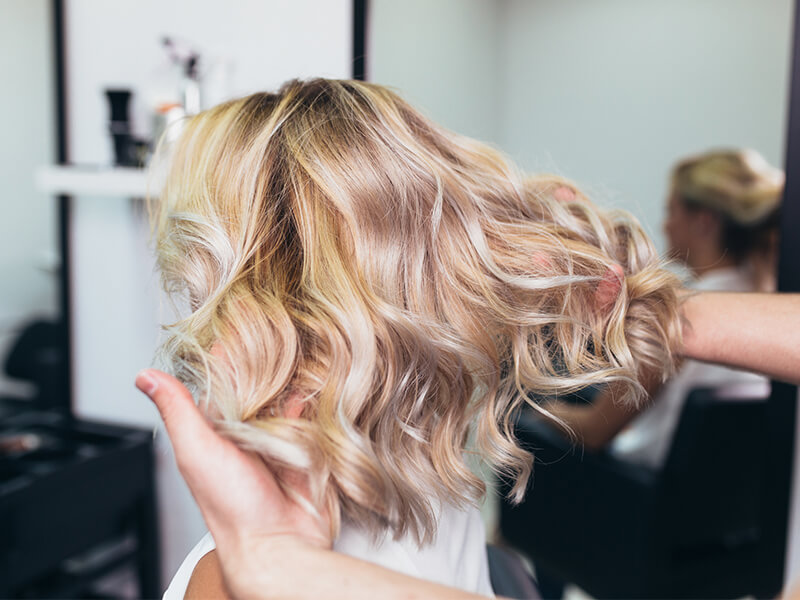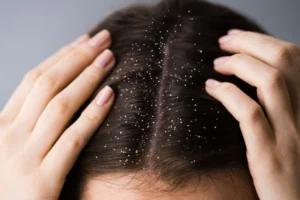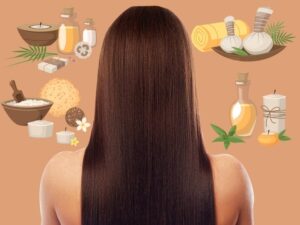
Hair growth is a natural process that takes place throughout our lives. But have you ever wondered what goes on beneath the surface that makes hair grow? Understanding the biology of hair growth can help us better care for our strands and appreciate their fascinating complexity.

Hair Growth Cycle
Hair growth occurs in a cycle of three stages: Anagen, Catagen, and Telogen. During Anagen, the hair actively grows, and this phase can last anywhere from two to seven years, depending on the person. Catagen is a brief transition phase where the hair follicles prepare to enter Telogen, which is the resting phase. Hair in Telogen will eventually fall out, and the cycle repeats itself.
Hair Follicles
Hair growth takes place in hair follicles, tiny openings in the skin that contain the root of the hair. Each follicle is connected to a network of blood vessels that supply oxygen and nutrients to the hair. The color and texture of hair are determined by the amount and type of melanin found in the hair follicle.
Hormones and Hair Growth
Several hormones regulate hair growth, including testosterone, estrogen, and progesterone. Androgen hormones, like testosterone, are essential for hair growth in both men and women. However, an excess of androgen hormones can lead to hair loss in both sexes. Female patterns of hair loss are often attributed to hormonal imbalances, like Polycystic Ovary Syndrome (PCOS), whereas male pattern baldness is associated with an overabundance of testosterone that is converted to dihydrotestosterone (DHT) in hair follicles.

Nutrition and Hair Growth
Nutrition plays a significant role in hair growth. Essential vitamins and minerals like iron, zinc, biotin, and vitamins A, B, C, and D play essential roles in the production of keratin, the protein that makes up hair. Protein-rich foods, like fish, poultry, and dairy products, can help to promote healthy hair growth. Staying hydrated and getting enough sleep can also support healthy hair growth.
Hair Growth Disorders
Hair growth disorders can be caused by genetic factors or underlying medical conditions like alopecia areata, a condition where the immune system attacks hair follicles. Telogen effluvium is a temporary hair loss condition often brought on by stress or illness that can cause the hair to shed prematurely. Beyond these conditions, hair growth can also be affected by environmental factors like pollution, heat damage, and harsh chemicals found in hair care products.
Taking care of your hair and promoting healthy hair growth doesn’t have to be complicated. Getting enough sleep, staying hydrated, and nourishing your body with a healthy diet can go a long way in supporting healthy hair growth. Understanding the biology of hair growth can also help you pinpoint issues affecting your hair and take steps towards optimal hair health.







